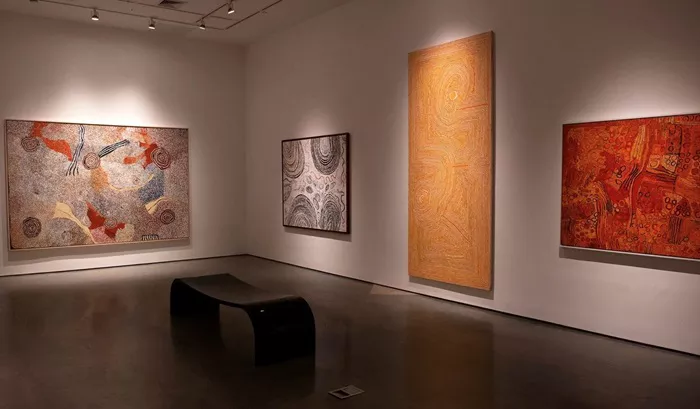June 7 in Australian history serves as a significant date, marked by a variety of events that have contributed to shaping the nation’s identity and trajectory. From political milestones to cultural shifts, this date offers a window into the complex and diverse history of Australia. By examining the events that unfolded on June 7 throughout history, we gain insights into the evolution of the Australian nation.
1788: The Arrival of the First Fleet at Norfolk Island
On June 7, 1788, the First Fleet, a convoy of ships carrying convicts, settlers, and supplies, arrived at Norfolk Island. This event marked a significant chapter in Australia’s colonial history, as Norfolk Island served as a secondary penal settlement for convicts who had committed further offenses upon arrival in New South Wales. The establishment of Norfolk Island played a crucial role in the British colonization of Australia and the expansion of the colonial frontier.
See also: What Happened on May 27 in Australian History?
1826: The Founding of the Swan River Colony (Perth)
Another notable event in Australian history on June 7 occurred in 1826 with the founding of the Swan River Colony, which would later become the city of Perth in Western Australia. Captain James Stirling, aboard the HMS Success, landed on the shores of the Swan River and established the first permanent European settlement in the region. The founding of the Swan River Colony marked the beginning of European colonization in Western Australia and laid the foundations for the development of the state’s capital city.
1899: The Formation of the Australian Labor Party (ALP)
June 7, 1899, witnessed the formation of the Australian Labor Party (ALP), a pivotal moment in the country’s political landscape. The ALP was established through a merger of various labor and socialist organizations, with the aim of representing the interests of working-class Australians. The party quickly gained traction and emerged as a major political force, advocating for progressive policies such as workers’ rights, social welfare, and economic reform. The formation of the ALP marked a significant shift in Australian politics, leading to the party’s eventual rise to power at both the state and federal levels.
1988: The Apology to the Stolen Generations
In a momentous event on June 7, 1988, then-Prime Minister Kevin Rudd delivered a formal apology to the Stolen Generations on behalf of the Australian government. The Stolen Generations refers to Indigenous Australian children who were forcibly removed from their families and communities by government authorities as part of assimilation policies that lasted well into the 20th century. Rudd’s apology acknowledged the pain and suffering inflicted upon Indigenous Australians through these policies and sought to begin a process of reconciliation between Indigenous and non-Indigenous Australians. The apology represented a significant step towards healing the wounds of the past and fostering a more inclusive and respectful society.
1975: The Opening of the Sydney Opera House
On June 7, 1975, the iconic Sydney Opera House was officially opened by Queen Elizabeth II. Designed by Danish architect Jørn Utzon, the Sydney Opera House is recognized as one of the most distinctive and renowned architectural landmarks in the world. Its unique design and stunning waterfront location have made it a symbol of Australia’s cultural identity and a major tourist attraction. The opening of the Sydney Opera House marked a milestone in Australian cultural history, showcasing the country’s commitment to the arts and its aspiration to be a global cultural hub.
2008: Indigenous Australian Art Auction
In a significant event for Indigenous Australian art, on June 7, 2008, a painting by Indigenous artist Emily Kame Kngwarreye titled “Earth’s Creation” sold for a record-breaking price at auction. The painting, which depicts the artist’s interpretation of her ancestral land and Dreaming stories, fetched over $1 million AUD, making it one of the highest-selling Indigenous artworks to date. This auction highlighted the growing recognition and appreciation of Indigenous Australian art both domestically and internationally, as well as the increasing value placed on artworks that reflect Indigenous culture and heritage.
Conclusion
June 7th holds a significant place in Australian history, with events spanning exploration, colonization, political development, and cultural achievement. From Captain Cook’s landing at Possession Island to the Myall Creek Massacre, the Federation Convention in Melbourne, and the inaugural performance of the Sydney Opera House, the events of this day offer valuable insights into the complexities of Australia’s past and the forces that have shaped its present-day identity. By commemorating these events, we honor the diverse narratives that have contributed to the rich tapestry of Australian history.

